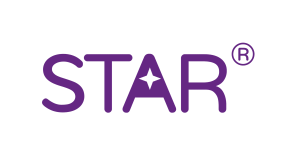
There are a few common employee crises that have stayed in the news cycle over the last few months. The Great Resignation, quiet quitting and quiet firing are just a few of the workforce trends that have snowballed on social media and beyond since the start of the pandemic. Yet, the fundamental crisis, which no one’s really putting any voice to, is the fact that there is now a general listlessness within the workforce.
We’ve been hit at so many different angles. A pandemic, war, skyrocketing energy prices, an uncertain future of the economy, and forthcoming recessions. The impact of these events piling up is that workers are reevaluating their lives as a whole, especially their careers. In response, there’s been a lot of discussion about benefit packages, but that’s not what drives people. We need to look more closely at engagement in order to address this issue.
Employee engagement has hit record lows

4 tips for engaging your employees

Provide regular company updates
Your employees are the most important stakeholders in your organisation. The work they do every day will, by and large, determine whether your business succeeds or fails. In order for them to feel accountable for the company’s growth, it’s important to update them on your successes, as well as any struggles you’re facing.
This is especially apt within the current economic context. In late October 2022 alone, over 52,000 U.S. tech sector employees were laid off. Worries about job security can affect employee engagement. Being transparent about company progress will help to alleviate some of these concerns.

Encourage team collaboration
In the current, tech-first era, a lot of us are spending more time working remotely, which means less face-to-face collaboration with our colleagues.
Similarly to team sports, teamwork in the workplace helps to foster a sense of confidence and satisfaction. Working with others towards a shared goal lightens the load, and keeps people inspired. Encourage employees to work together on projects, and share ideas to give them a greater sense of purpose.

Regularly ask for, and provide, feedback
Research shows that most people are driven by simple hygiene factors, like feeling appreciated and recognised for their contribution. The best way to show this type of appreciation is through providing feedback. This type of engagement is primarily driven by managers.
The ability to give a range of feedback, both appreciative and developmental is a key managerial skill. Once managers are able to ask powerful questions and listen attentively, they are able to improve outcomes. These Operational Coaching® skills are a fundamental aspect of the STAR® Manager programme. Our programme equips managers with the skills they need to create working conditions that actively buoy good health and happiness. As a result, companies are able to boast a return on investment of 74* times per learner (*published research on STAR® Manager evaluated by LSE)

Support employee growth and professional development
Final Thoughts
Addressing listlessness in the workforce is no small feat. It takes a varied, but targeted approach to yield better employee working conditions. But the reward is an overall happier organisation that’s driven to help you achieve organisational success.




